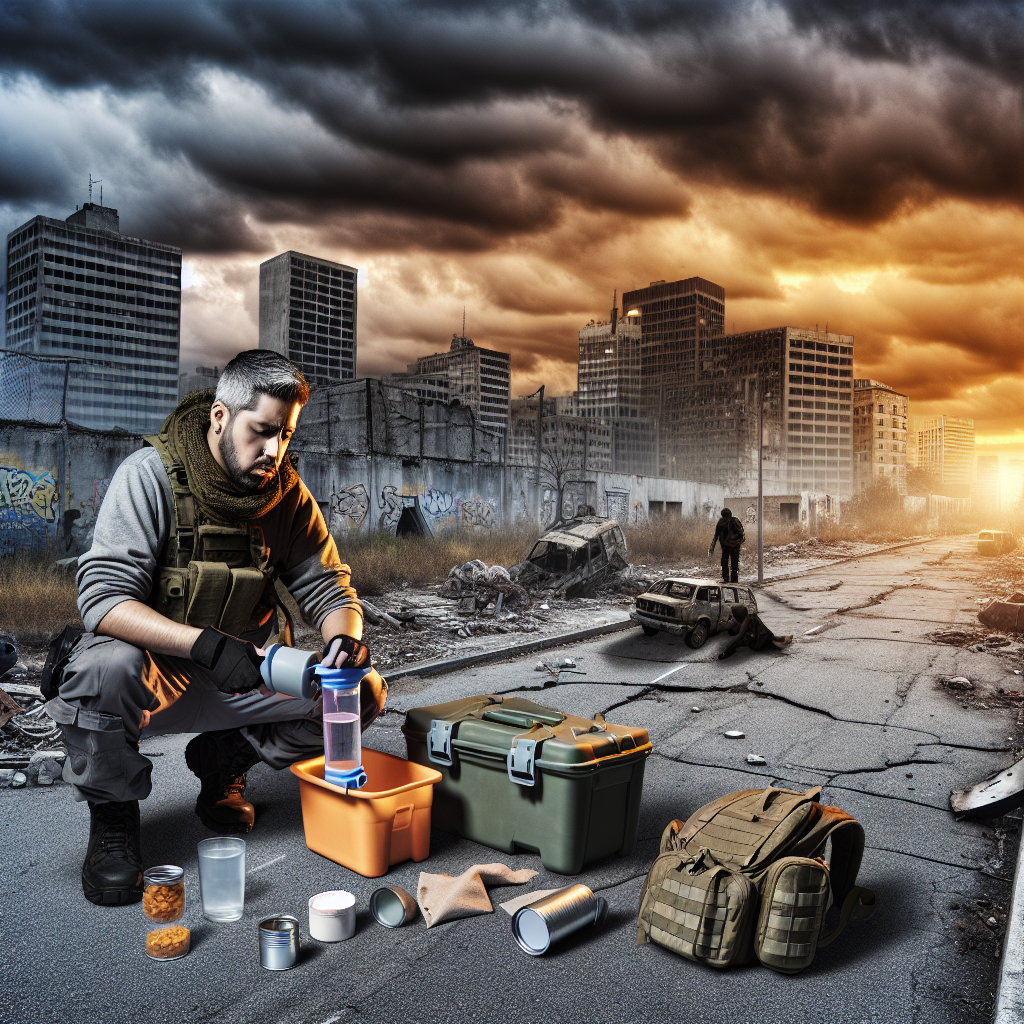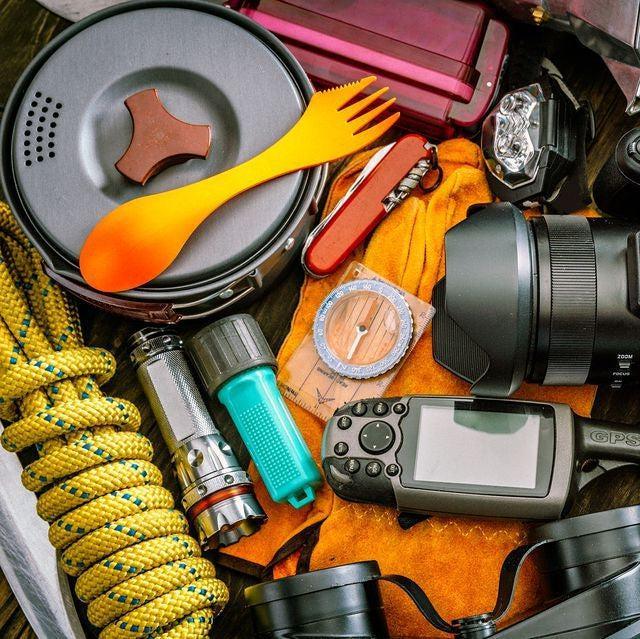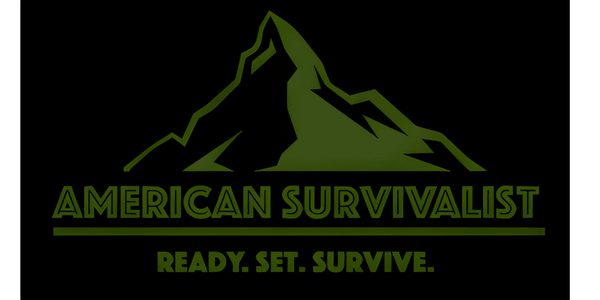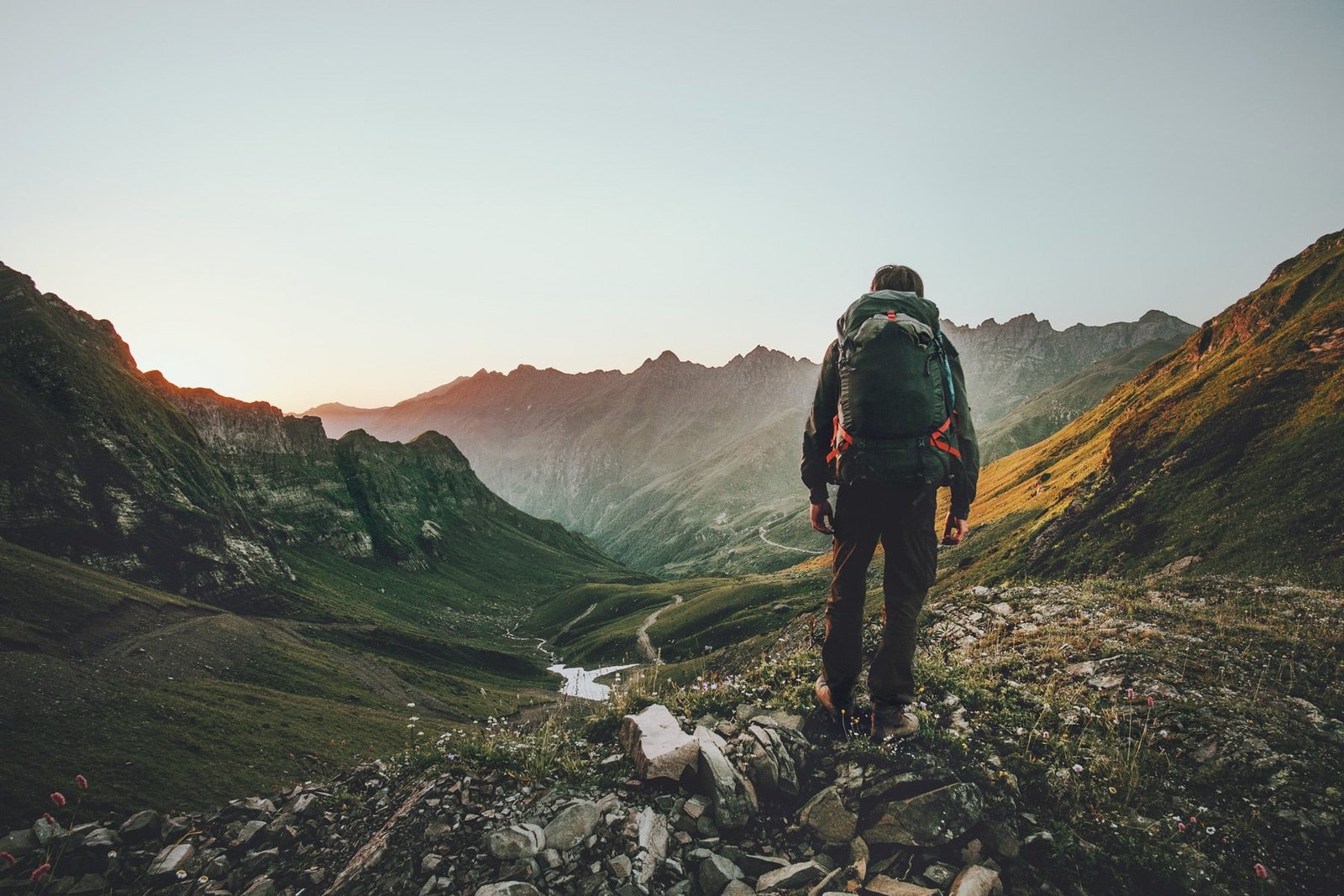
Grid Down Survival: What to Do in the First 72 Hours
Share
Imagine the world suddenly plunging into darkness. The hum of your refrigerator fades, the glow of your screens extinguishes, and the silence is deafening. It’s no longer an inconvenience; it’s a reality check. With over 70% of Americans unprepared for a prolonged power outage, the first 72 hours transform into a battleground for survival. I’ve faced hurricanes and blackouts, but one grid-down event redefined my approach to prepping. Every choice you make in those critical hours can mean the difference between life and death. Will you seize command of your fate, or will chaos consume you?
Assess and Lock Down: The First 24 Hours
The moment the grid fails, your first mission is to gather intel. Forget about comfort—flick off those assumptions and power up your radio. Whether it’s battery-operated, hand-crank, or solar, tune into NOAA or AM emergency stations. You need answers: Is this a local issue? A nationwide crisis? A cyberattack, EMP, or the wrath of nature? You must know what you’re up against.
Control Your Environment
This is your castle, and it’s time to fortify it. Lock every door and window. In urban settings, secure stairwells and rooftop access; in suburban areas, patrol your perimeter like it’s your last line of defense. If you’re in the Southwest—Phoenix, Albuquerque, El Paso—heat becomes a silent killer during summer outages. In the Cascades or northern Rockies, hypothermia can strike fast if the outage hits mid-winter. Conduct a tactical sweep within the first hour. Look for signs of trouble, weaknesses, or anything that feels off. Remember, the first night brings a dangerous stillness. Desperation can turn neighbors into threats. Be vigilant or risk losing everything.
Check on Your Neighbors
Don’t underestimate the power of your community. Make it a point to check on elderly neighbors or families with young children. This isn’t just a kindness; it’s a strategic move. In times of crisis, community becomes a crucial asset. In rural Appalachian towns or remote Alaskan villages, your neighbor might be your only lifeline. Establish trust now—when chaos descends, you'll need each other more than ever. Don’t be the lone wolf; wolves often fall alone.
Secure Water Before It’s Gone

Water is your lifeline. While you can survive weeks without food, three days without water is a countdown to disaster. When the grid collapses, municipal water pressure often follows suit. If you’re in the Gulf Coast region, hurricanes can contaminate water sources with floodwater in hours. Out West, in drought-stricken parts of Nevada or rural California, tap water may vanish entirely. Aim for at least one gallon per person per day; I always prepare for two. Hygiene, cooking, morale—all hinge on securing this vital resource. Mark my words: When the toilets stop flushing, the reality hits hard. Don’t wait for a crisis to drain your hope.
How to Lock In Your Water Supply
As soon as the power goes out, move swiftly:
- Fill every bathtub, sink, and clean container you can find.
- Utilize water purification tablets or filters like Berkey or Sawyer.
- Boil questionable water—three minutes at sea level, longer at elevation. In higher altitudes like the Sierra Nevadas or Colorado Rockies, adjust accordingly.
Hesitate, and your neighbors will drain the system dry, leaving you with nothing but empty taps. Act fast or risk dehydration and despair.
Fuel the Body: Survival Food and Cooking
Your body is the engine that drives your survival. As crises unfold, you'll burn through calories faster than you think. Hauling water, securing your home, and staying vigilant all demand fuel. Stock up on shelf-stable, high-calorie foods that require no cooking. My go-to items? Peanut butter, jerky, energy bars, and canned proteins like tuna or beans. Dried fruits and nuts provide quick energy and long shelf-life. If you're off-grid in the Ozarks or hunkered down during a Nor'easter in Maine, these foods become your lifeline. Make sure you have what you need before it’s too late.
Medical: First Aid and Crisis Response
In the chaos of the first 72 hours, injuries will soar. Panic leads to accidents, and people will hurt themselves trying to fix what’s beyond their skill set. A basic first aid kit just won’t cut it. You need a real trauma kit—tourniquets, gauze, antiseptics, burn cream, gloves. I always carry an Israeli bandage and a CAT tourniquet in every pack I own. Your health is at stake; take this seriously. Especially if you're hours from help, like in remote parts of Montana or deep in the Everglades, you are your own medic.
Power and Communication
Power isn’t just a convenience; in a grid-down scenario, it’s a lifeline. For light, warmth, and vital information, I keep solar chargers, power banks, and a car inverter ready. While your phone may lose service, it can still store critical maps and emergency contacts. If you’re in the Midwest during tornado season or enduring an ice storm in the Great Plains, backup communication is non-negotiable. Charge it while you still have the chance. When the lights go out, communication could mean the difference between safety and chaos.
Security and Self-Defense
As darkness descends and societal rules dissolve, security becomes paramount. Break-ins, looting, and assaults spike within 24 hours of a major blackout. This rings especially true in dense cities or on the hurricane-prone Gulf Coast, where power outages can stretch for days. You must harden your home and be prepared to defend it. Reinforce doors with screws and braces. Keep weapons accessible, and ensure everyone knows how to use them safely and effectively. This isn’t just preparation; it’s survival.
Psychological Preparedness and Mental Resilience
Disasters don’t just shatter buildings; they can fracture minds. I’ve witnessed it. When the fabric of normal life unravels, even the strongest can falter. Whether you're stuck inside during a multi-day blizzard in the Dakotas or isolated in the Arizona desert during an infrastructure failure, depression, panic, and isolation strike hard if you’re not mentally equipped. Don’t let your mind become another casualty of chaos.
Essential Survival Skills Everyone Should Know

Shockingly, half the population doesn’t know how to start a fire without a lighter. This isn’t merely ignorance; it’s a potential death sentence in a blackout. You need skills you can rely on when gear fails or runs out. Fire starting, shelter building, food preservation—these are not hobbies; they are survival essentials. In the Pacific Northwest, where wet conditions challenge fire-starting, or in the dry canyonlands of Utah where shade is scarce, adapting these skills to your terrain is critical. Don’t wait for the crisis to hit to wish you had practiced.
The grid may collapse—but your chances don’t have to. Prepare now, train hard, and stay ready. Because when the lights go out, the real test begins. Don’t be caught unprepared; your survival depends on it.


